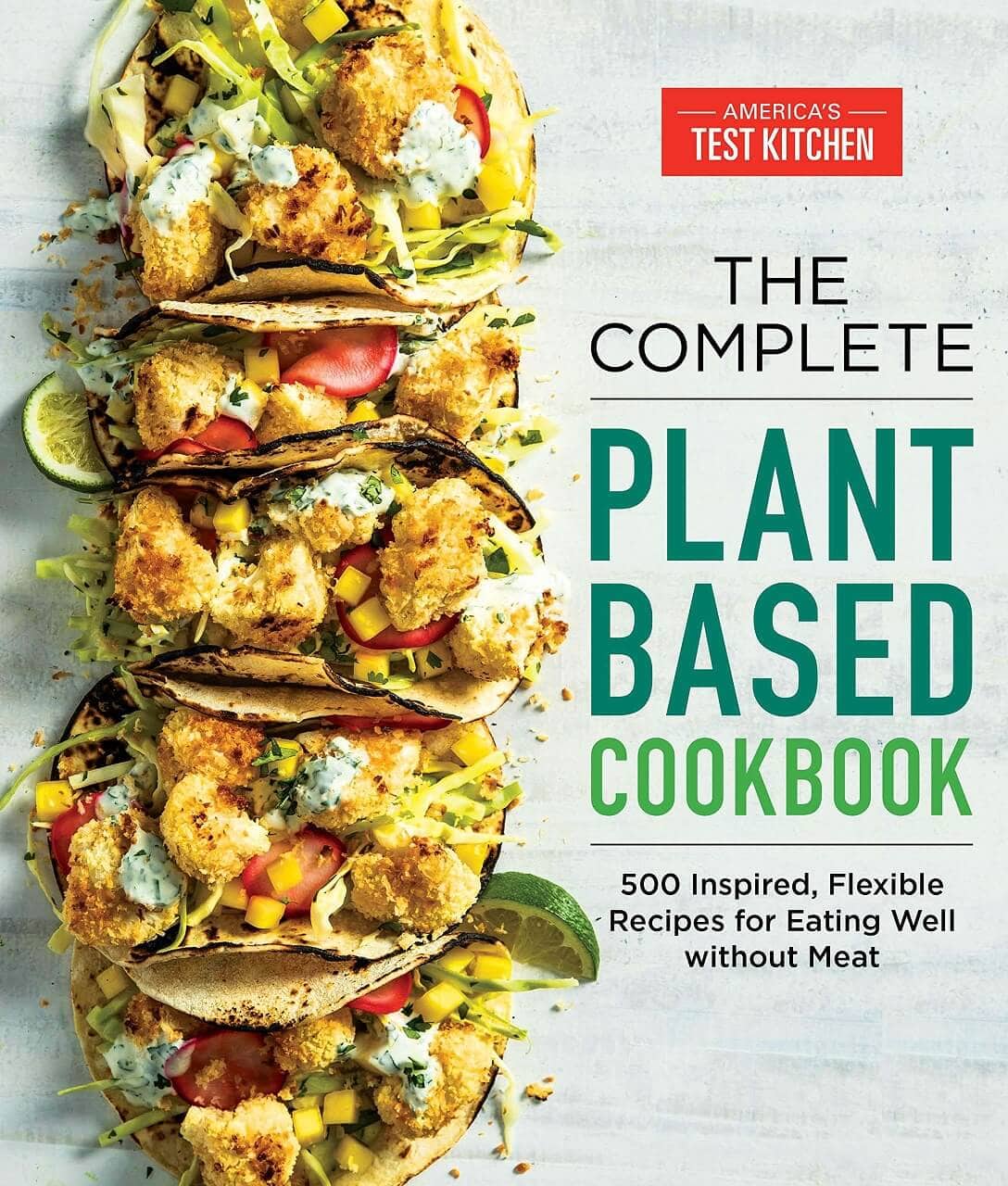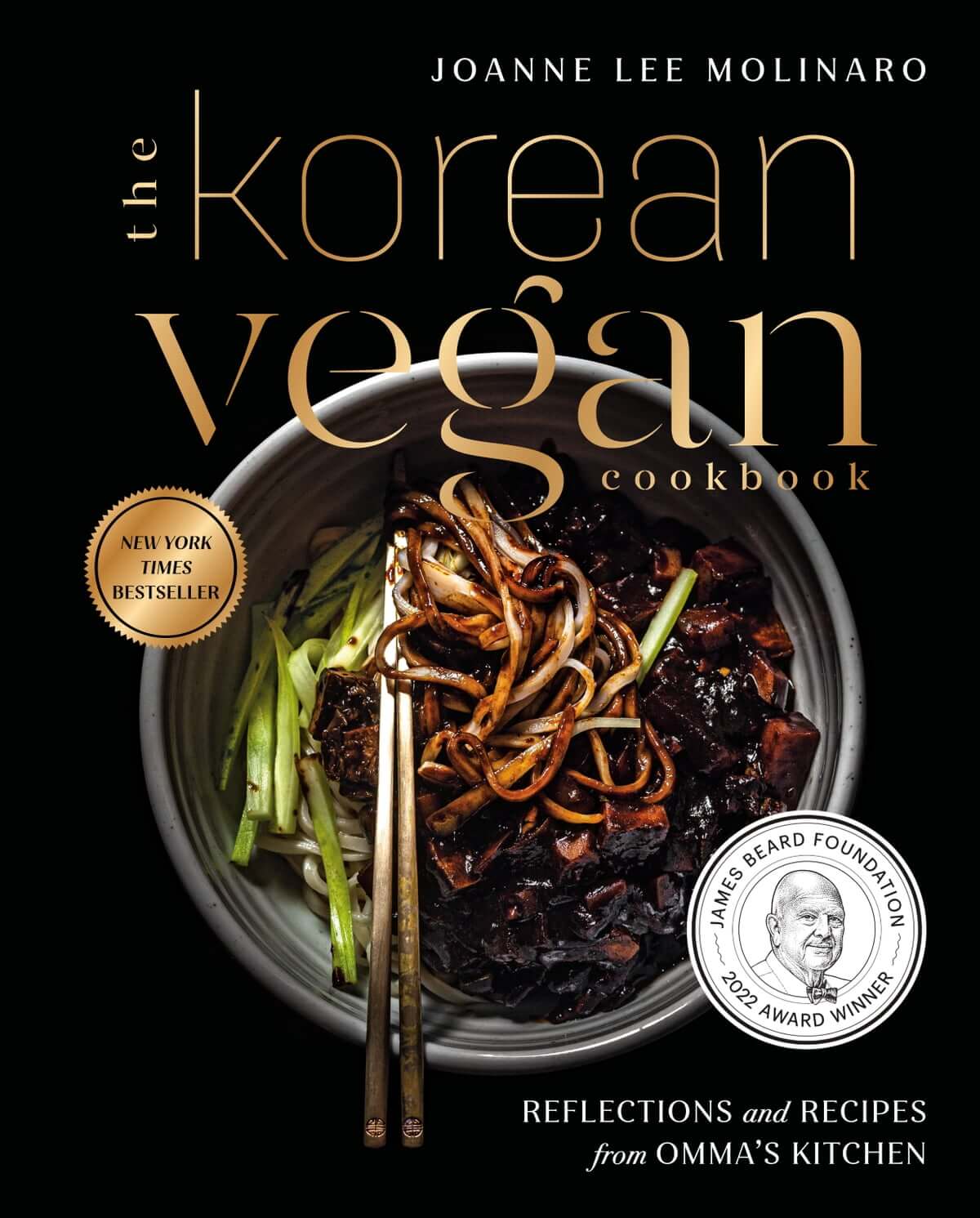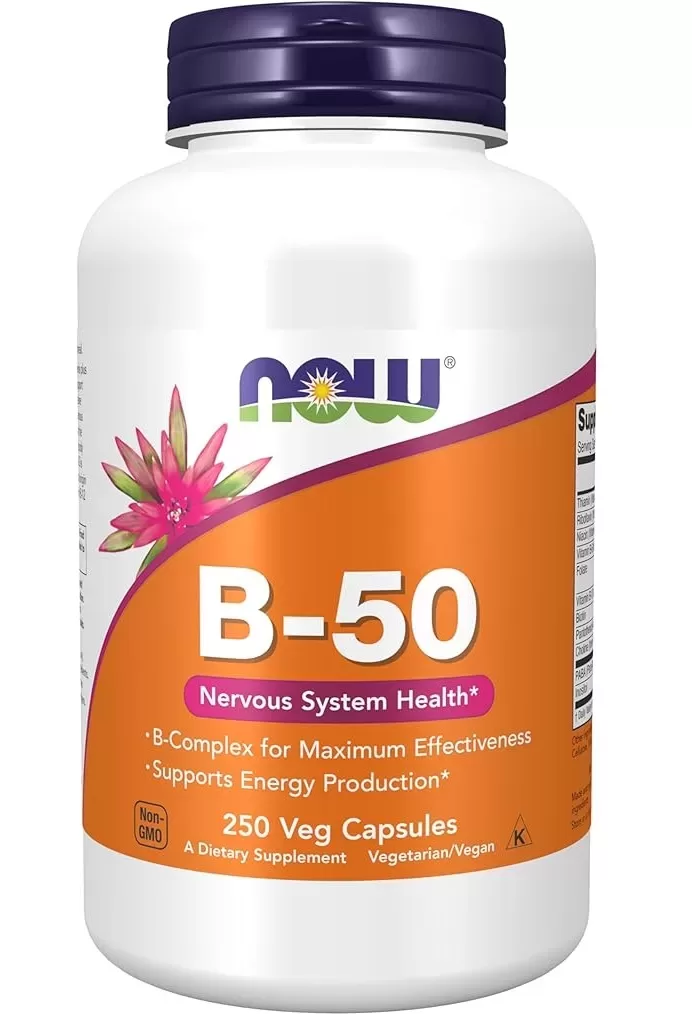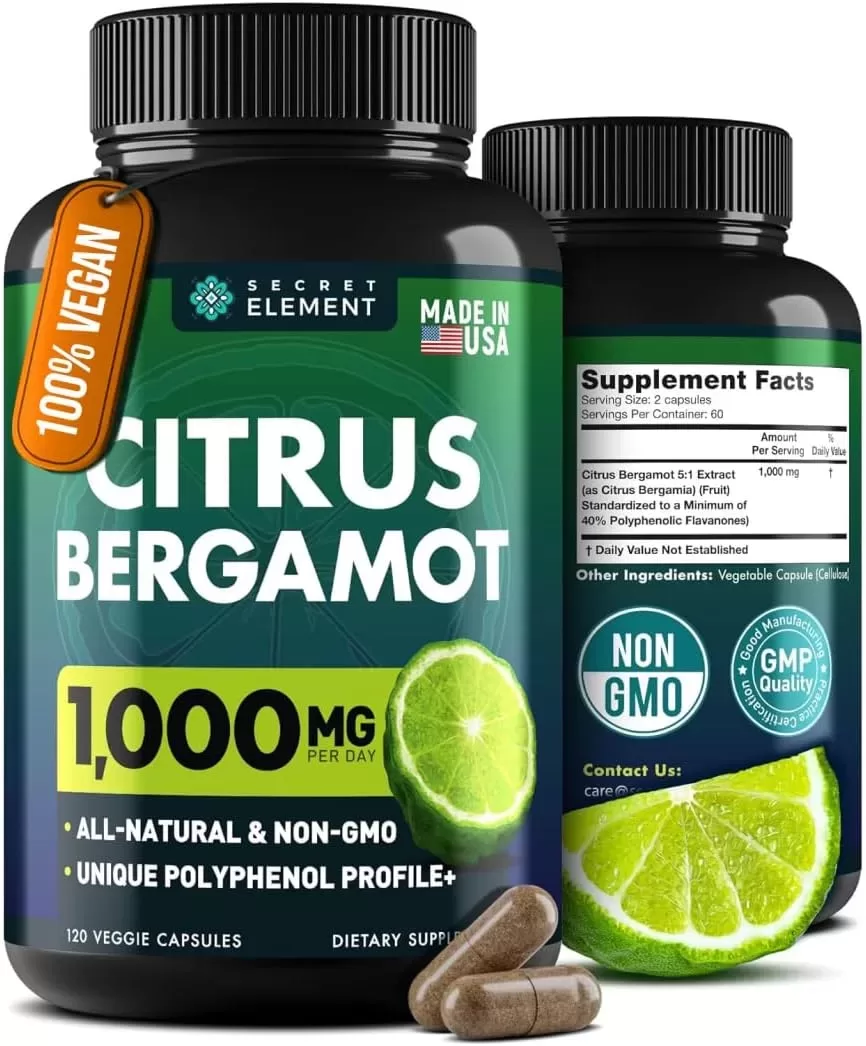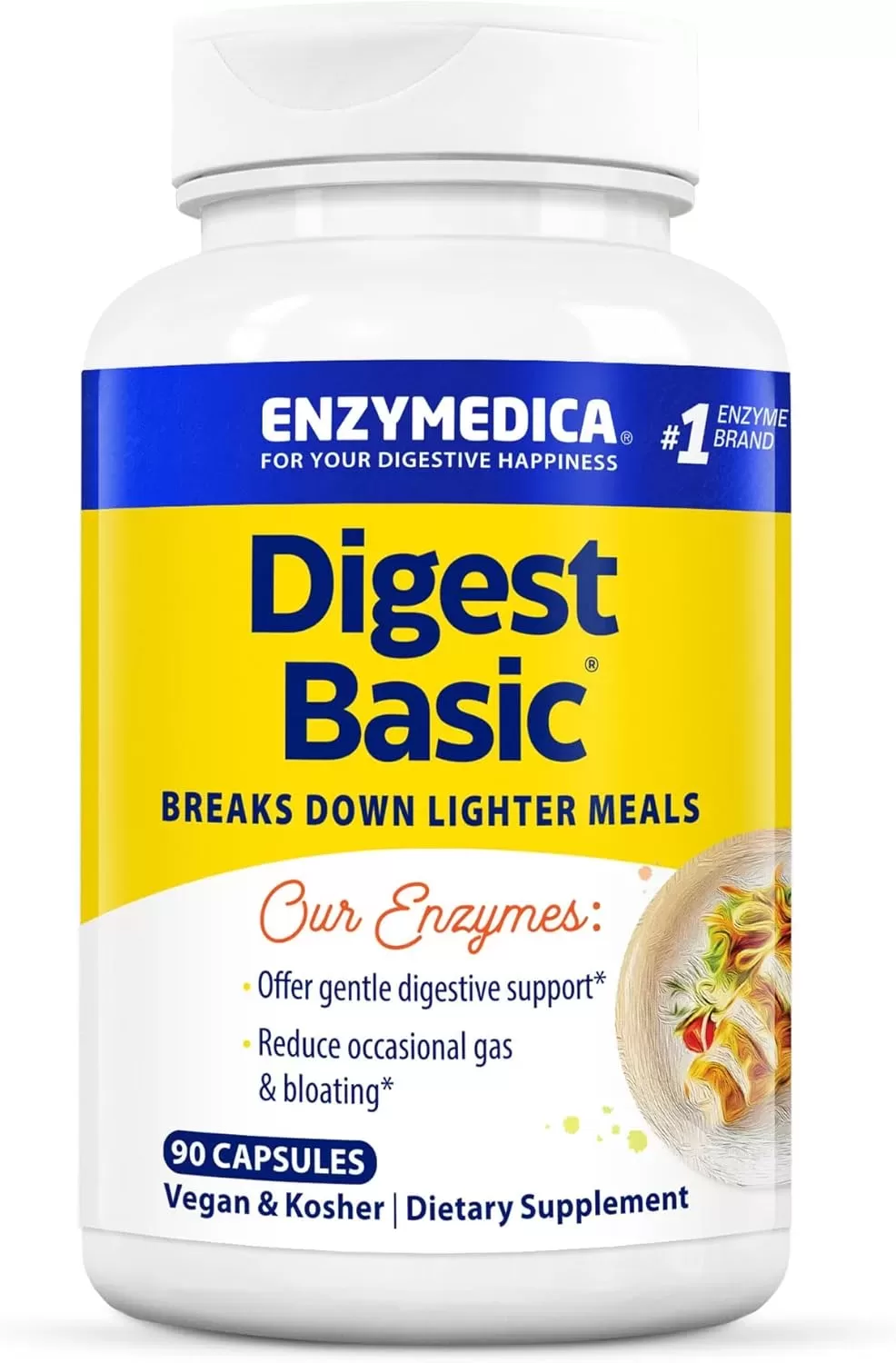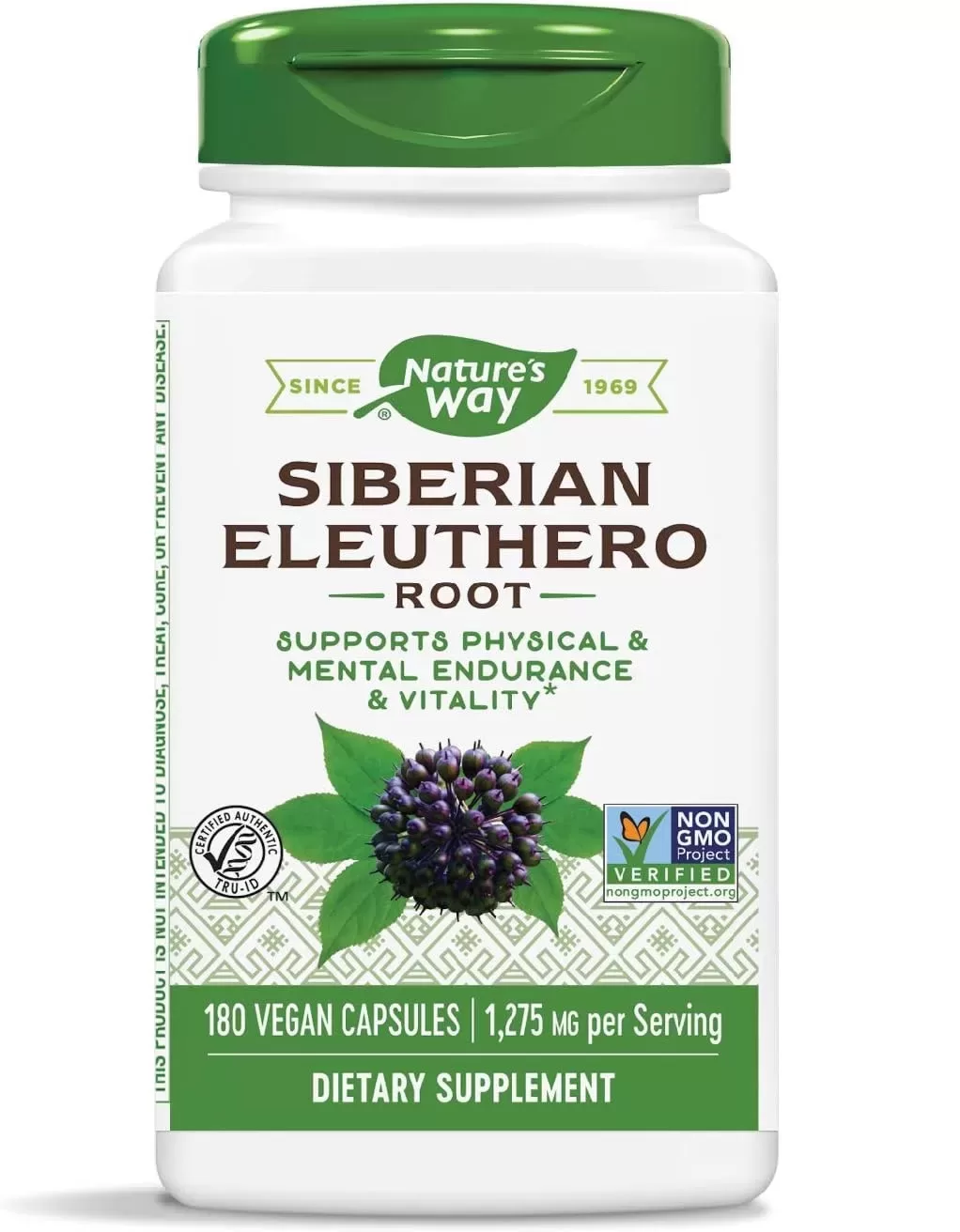Benefits of a Vegan Diet is on Netflix, delves into the profound impact of dietary choices on human health. By comparing identical twins following vegan and omnivorous diets, researchers uncovered significant differences in various health markers. The study’s findings challenge conventional wisdom and offer compelling evidence for the benefits of plant-based eating.
Intrigued by the Stanford twin study but skeptical of its conclusions? Dive deeper into this thought-provoking research. Explore the critical analysis, potential limitations, and the robust scientific methodology employed. Discover how vegan and omnivorous diets affect life expectancy, cardiovascular health, and metabolic markers. Uncover the truth behind the headlines and form your own informed opinion on the power of plant-based nutrition.
How to Design a Scientific Nutrition Study
The vegan twin study on Netflix, a groundbreaking research initiative, employed a rigorous scientific approach to investigate the impact of dietary choices on human health. To ensure the validity and reliability of the findings, researchers meticulously designed the study, considering several key factors:
- Participant Selection: Identical twins share nearly identical genetic makeup, making them ideal subjects for controlled studies. By comparing twins on different diets, researchers can minimize the influence of genetic variation on the outcomes.
- Diet Intervention: The vegan group adhered to a plant-based diet, excluding all animal products. The omnivorous group followed a typical Western diet, including meat, dairy, and eggs.
- Data Collection: Researchers meticulously monitored a range of health markers, including:
- Body composition (body fat, muscle mass)
- Blood lipid profile (cholesterol, triglycerides)
- Blood sugar levels (glucose, insulin)
- Blood pressure
- Inflammatory markers
- Gut microbiome composition
- Statistical Analysis: Advanced statistical techniques were employed to analyze the data, ensuring the significance of the findings.
By carefully controlling these variables and employing rigorous scientific methods, the researchers were able to draw meaningful conclusions about the impact of diet on human health.
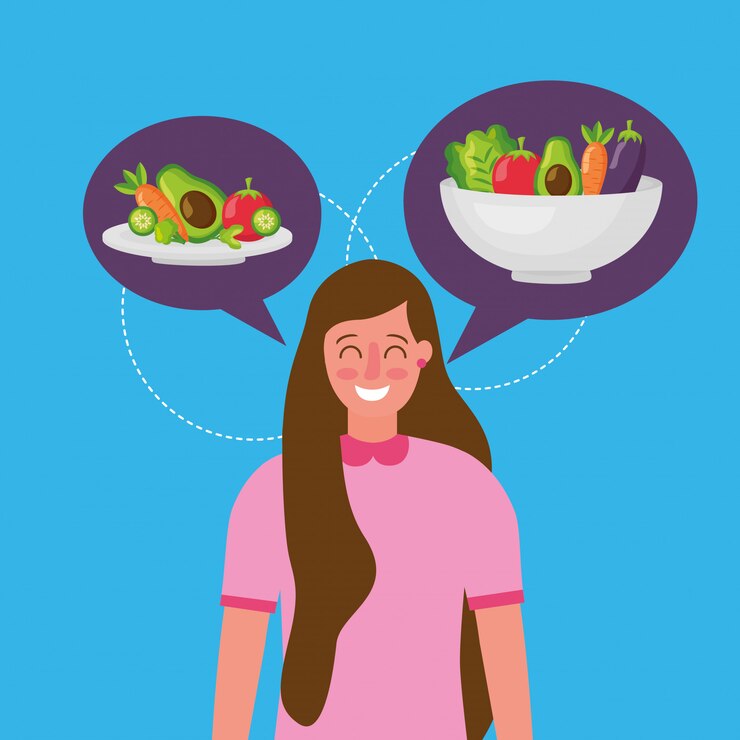
Key Findings From The Twin Study on Netflix: Plant-Based Diet Impact on Health
Cardiovascular Health
The vegan twin study on Netflix revealed a profound impact of a plant-based diet on cardiovascular health. The vegan group experienced a significant 19% reduction in LDL cholesterol levels, often referred to as “bad” cholesterol. In contrast, the omnivore group saw only a modest 3% decrease.
The vegan diet led to enhanced insulin sensitivity, indicating a reduced risk of type 2 diabetes. Participants in the vegan group exhibited lower blood pressure levels, a crucial factor in preventing heart disease and stroke.
These findings highlight the potential of a plant-based diet to mitigate cardiovascular risk factors and promote overall heart health.
Weight Loss on Vegan Diet vs Omnivore
The vegan twin study on Netflix provided valuable insights into the weight loss potential of plant-based diets. The vegan group outperformed their omnivore twins, shedding an average of 4.2 pounds more over the eight-week period.
The weight loss primarily originated from fat mass, while the vegan participants maintained muscle mass. The combination of weight loss and improved metabolic markers suggests that a plant-based diet can be an effective strategy for sustainable weight management and overall health.
Gut Health
The gut microbiome, a complex ecosystem of bacteria and other microorganisms residing in the intestines, plays a crucial role in overall health. The vegan group experienced a significant increase in the diversity of beneficial gut bacteria. A diverse gut microbiome is associated with improved digestion, enhanced immune function, and reduced risk of chronic diseases.
The increased gut microbiome diversity correlated with reported improvements in energy levels, mood, and overall well-being. These findings suggest that a plant-based diet can positively influence gut health, leading to a wide range of health benefits.
Improving Insulin Sensitivity Through Diet
Insulin sensitivity, the body’s ability to effectively use insulin to regulate blood sugar levels, is a critical factor in preventing type 2 diabetes and metabolic syndrome. The vegan twin study demonstrated the potential of a plant-based diet to enhance insulin sensitivity:
The vegan group experienced a remarkable 20% decrease in fasting insulin levels, indicating improved insulin sensitivity. In contrast, the omnivore group showed only a modest 2% reduction. Improved insulin sensitivity is strongly linked to a reduced risk of developing type 2 diabetes.
These findings suggest that a plant-based diet can be a powerful tool for managing blood sugar levels and preventing insulin resistance, ultimately promoting overall metabolic health.
Essential Nutrients for Vegan Diet Success
While the vegan twin study on Netflix demonstrated the significant health benefits of a plant-based diet, it also underscored the importance of careful nutritional planning to ensure adequate intake of essential nutrients. Key nutrients to consider for vegans include:
- Protein: Plant-based protein sources such as legumes, tofu, tempeh, seitan, and plant-based protein powders can provide adequate protein intake.
- Vitamin B12: This vitamin is primarily found in animal products, so vegans need to rely on fortified foods or supplements to meet their needs.
- Iron: Plant-based iron sources, such as legumes, fortified cereals, and leafy green vegetables, can be incorporated into a vegan diet. However, plant-based iron is less readily absorbed than heme iron from animal sources, so it’s important to pair iron-rich foods with vitamin C-rich foods to enhance absorption.
- Omega-3 Fatty Acids: While plant-based sources of omega-3 fatty acids, such as flaxseed, chia seeds, and walnuts, are beneficial, they are not as readily converted to the active form of omega-3 as those found in fatty fish. Vegan omega-3 supplements derived from algae can be a valuable option.
By carefully planning their meals and considering these essential nutrients, vegans can enjoy the numerous health benefits of a plant-based diet while ensuring optimal nutritional status.

Practical Implementation: Easy Vegan Meal Plan for Beginners
Inspired by the successful meal plans implemented in the Stanford twin study on Netflix, here are some simple and delicious plant-based meal ideas to get you started on your vegan journey:
Breakfast
A quick and easy breakfast option, overnight oats can be customized with various toppings and flavors. Combine rolled oats, plant-based milk, chia seeds, and your favorite fruits (such as berries or bananas) in a jar or bowl. Let it sit overnight in the refrigerator, and enjoy a nutritious and satisfying breakfast the next morning.
Blend together fruits, vegetables, plant-based milk, and a scoop of plant-based protein powder for a refreshing and energizing breakfast smoothie on the go.
Lunch
A hearty and comforting meal, lentil soup is packed with protein, fiber, and essential nutrients. Combine lentils, vegetables (such as carrots, celery, and onions), vegetable broth, and your favorite herbs and spices in a pot. Simmer until the lentils are tender and the soup is flavorful.
Create a colorful and nutritious salad by combining a variety of leafy greens, vegetables, and a plant-based protein source like tofu, tempeh, or beans. Drizzle with a homemade vinaigrette for added flavor.
Dinner
A quick and easy dinner option, stir-fry allows you to customize with your favorite vegetables and protein sources. Sauté tofu, tempeh, or other plant-based proteins with colorful vegetables like broccoli, carrots, and bell peppers. Serve over brown rice or noodles.
A flavorful and satisfying dish, roasted vegetable curry is a great way to incorporate a variety of vegetables into your meal. Roast vegetables like eggplant, zucchini, and bell peppers, then add them to a creamy coconut milk-based curry sauce. Serve over brown rice or quinoa.
Remember to pay attention to nutrient-dense foods, such as whole grains, legumes, fruits, and vegetables, to ensure you’re meeting your nutritional needs on a plant-based diet.
Expert Opinions and Additional Research
Renowned nutrition expert Dr. Michael Greger commented on the Stanford twin study on Netflix, stating, “This research provides some of the most compelling evidence to date for the health benefits of a plant-based diet. It’s particularly powerful because it controls for genetic factors.” Dr. Greger’s endorsement further solidifies the significance of this study and its implications for public health.
While the Stanford twin study offers compelling evidence, it’s important to note that this is just one study among many supporting the benefits of a plant-based diet. Numerous other studies have shown that plant-based diets can contribute to weight loss, improved cardiovascular health, reduced risk of chronic diseases, and enhanced overall well-being.
By combining the findings of this study with the wealth of existing research, it becomes increasingly clear that a plant-based diet can be a powerful tool for improving health and longevity.
Final Thoughts
While individual needs may vary, this twin study on Netflix provides strong evidence that a well-planned vegan diet can contribute to improved cardiovascular health, weight management, and overall well-being.
As you embark on your own dietary journey, consider incorporating more plant-based foods into your meals. Whether you’re a seasoned vegan or simply curious about the benefits of plant-based eating, this study offers valuable insights to support your health goals.
FAQs
What is the vegan twin study?
The vegan twin study is a research project conducted by Stanford University where identical twins were assigned to follow either a vegan or an omnivorous diet for eight weeks. The goal was to compare the effects of these diets on various health markers.
What were the results of the twin diet experiment?
The study found that the vegan group experienced significant improvements in cardiovascular health, including lower LDL cholesterol levels and reduced insulin levels. They also lost more weight compared to the omnivore group.
What are the results of the Netflix twin study?
The Netflix documentary highlighted the Stanford twin study and its findings. It showcased the dramatic health transformations of the twin participants and emphasized the potential benefits of a plant-based diet.
Is a vegan diet healthy study?
While the Stanford twin study provides strong evidence for the health benefits of a vegan diet, it’s important to note that individual needs vary. A well-planned vegan diet, rich in diverse plant-based foods, can be a healthy choice for many people. However, it’s advisable to consult with a healthcare professional or registered dietitian to ensure adequate nutrient intake.

